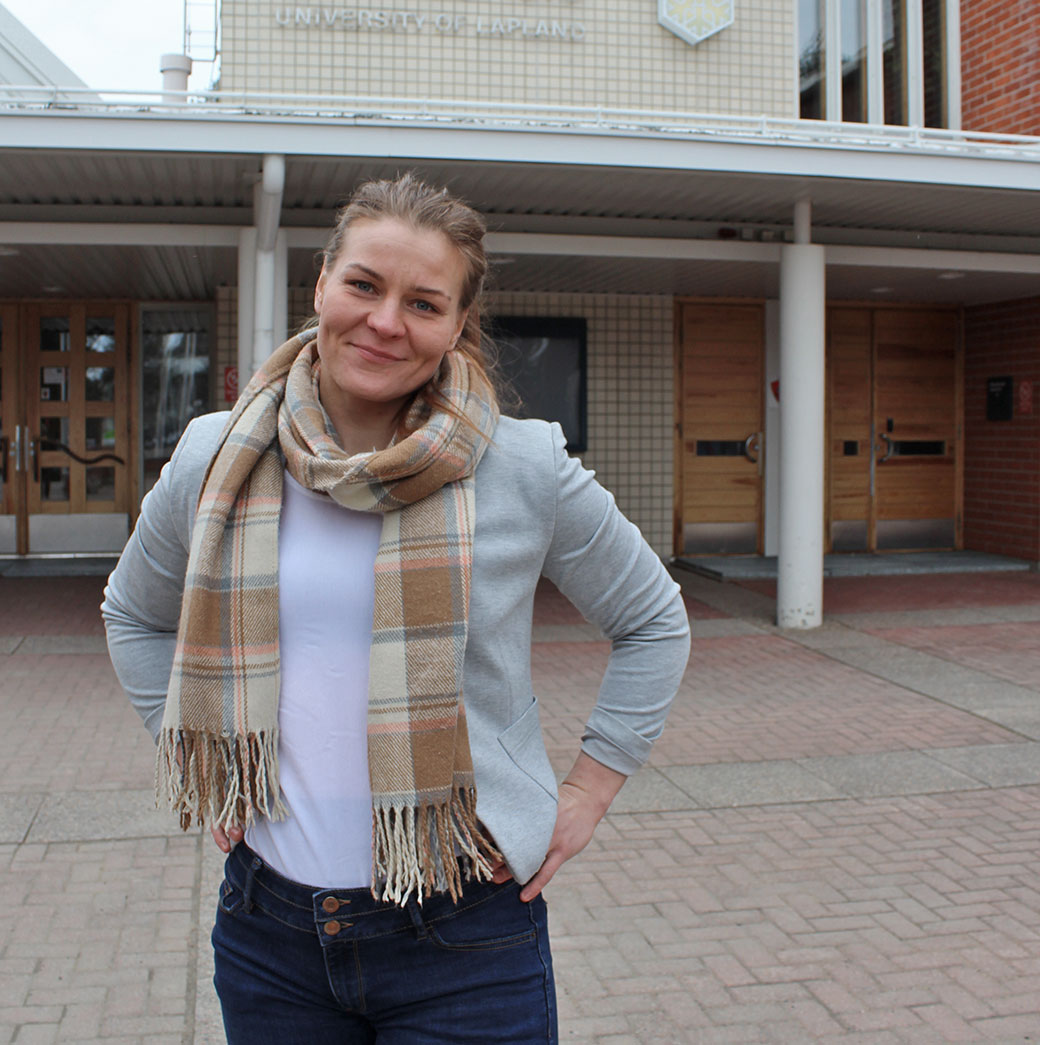Salla Kalliojärvi is a PhD Candidate at the university of Lapland and the newest member of our NPE team. In her doctoral thesis she looks how the increasing significance of multinational corporations in global climate governance is impacting on the governance structures and technologies of security
Probably many of us have often wondered why it is that there is a great amount of scientific evidence on the risks of climate change, but relatively little action actually taken to mitigate them. Or why it is that we are hearing such grave warnings about the effects of a warming planet, but seeing only diffuse and poorly orchestrated action in order to stop it. When I first started to delve deeper into these questions I really quickly found myself in the middle of a web of complex and interrelated questions about the essence of social structures. I realized that I had hit the explanatory limits of the traditional International Relations theories, and that if I really wanted to understand the complex relationship between the social structures and climate change, I had to start scrutinizing the foundations behind our understanding of what security is and how it is actually governed.
I started to study the issue already in my Master’s thesis where I looked at how climate change was constructed as a security threat in the United Nations Security Council debates on climate change, and how this new security framing of climate change was challenging the traditional security discourse. Later, when I started my doctoral studies, in 2017, I became especially interested in the phenomenon of the business sector lobbying and targeting for more ambitions climate regulations than most of the states. I found it really interesting that while climate change was increasingly framed as a matter of security, the responsibility of climate action was more and more laid onto the hands of the business sector. When I looked at the issue more carefully, I realized how in the globalized world we live in today, security is increasingly seen to necessitate the undisrupted functioning of trade and global production networks, ―networks that are increasingly in the hands of multinational corporations and now threatened by climate change― and I started to wonder what are the political and institutional effects and sources of this equation.
In my doctoral thesis I aim to combine these interesting aspects of so-called ‘privatization’ and ‘climatization’ of the security field by focusing on the role of multinational corporations in the analysis of how climate change and climate politics are shaping global security governance arrangements. I look at how climate politics are constructing multinational corporations as security actors, and how this is impacting on the governance structures and technologies of security. I analyze the impacts in relation to the Arctic region and the region’s interaction with the global systems. Because if you think of the relationship between climate change and security, and the role that the Arctic region plays in the global climate system, you soon realize that there is an intrinsic link between the Arctic and global from the viewpoint of climate security. I think we already know many of the ways in which climatic changes in the Arctic are impacting on the global scale, but I think we need to pay more attention to the equally important vulnerability of the Arctic region to the changes that occur in the global security structure.
I think that always when we are keen to really understand any particular issue, we need to look at it in relation to the bigger picture. And in order to gain a more sophisticated understanding of the bigger picture, we need to take a closer look at smaller parts as well. So, it is all in a connection to each other. And that makes it both so complex and fascinating.

Photo: Emilia Lång